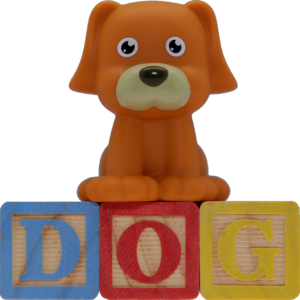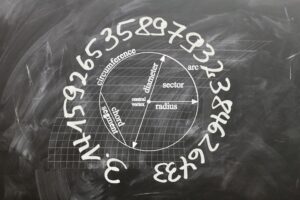I am a terrible speller. This has been true from an early age.
I remember having a test in third grade. We had to write out certain sentences, and I kept writing the word has without the h—over and over. I knew it didn’t look quite right, but I just couldn’t figure out what else it could be. Since has was in most sentences, I got a very bad grade. How embarrassing to not be able to remember such a simple word!
 Another traumatic event came in fifth grade. The teacher had us all stand around the perimeter of the room for a spelling bee. Somehow I was confident I would be standing a long time. My first word was swimming, and I knew I’d nail it. Only I spelled it with just one m, and in disappointment and shame I was told to sit down. I was stunned. How could that not be the right spelling ? To this day, I still wonder if that extra m is really necessary. Would anyone seriously be tempted to pronounce swiming with a long i?
Another traumatic event came in fifth grade. The teacher had us all stand around the perimeter of the room for a spelling bee. Somehow I was confident I would be standing a long time. My first word was swimming, and I knew I’d nail it. Only I spelled it with just one m, and in disappointment and shame I was told to sit down. I was stunned. How could that not be the right spelling ? To this day, I still wonder if that extra m is really necessary. Would anyone seriously be tempted to pronounce swiming with a long i?
So many pitfalls. Consider weird. Does it follow the i-before-e rule or is it an exception? I can never remember. Before autocorrect, I had to look it up every time. With autocorrect I get it right, but I still don’t remember how to spell it. The list goes on:
-
-
- occurrence or occurence
- occasion or occassion
- cemetery or cemetary
- misspell or mispell
-
You get the idea.
After college, almost fifty years ago, I proudly called my parents to tell them that I had gotten a job as a full-time editor. My mother responded wryly in her southern twang, “Well, Andy, how are you going to know how to spell the words if you don’t call me?” Instead of running up my long-distance phone bill, in that era before spellcheck, I tacked lists of words I couldn’t remember on the cork board in front of me. Otherwise I tended to look up everything, even words I was certain of.
 Is there a virtue in being a good speller for its own sake? I’m not sure. Is there value in memorizing the number pi to a hundred digits? Certainly as mental exercise. Perhaps not much more.
Is there a virtue in being a good speller for its own sake? I’m not sure. Is there value in memorizing the number pi to a hundred digits? Certainly as mental exercise. Perhaps not much more.
We need a love for words and a respect for their power. That means being careful with spelling but much more. Spellcheck won’t help us if we inadvertently write now instead of not—giving the opposite meaning of what we intend if we put down, “I am now a bozo.” Substituting principal for principle or effect for affect can trip our readers. We should pay attention to the meaning and nuances, the rhythm and sound of words. Having some familiarity with their etymology can add depth to our writing. Doing all this enhances effective and beautiful communication.
And when we do, we give space for words to cast their spell.
—
Image by Gerd Altmann from Pixabay

I like your thoughts about spelling! I mostly thank God for the autocorrect, but in Norwegian we have two equal languages and on my computer I have to choose either bokmål or nynorsk. Bokmål is comparable to Danish, but Nynorsk (New Norwegian) is built on the dialects from the western part of Norway. In my work I had to write i Nynorsk, but I come from a small town near Oslo and write Bokmål. Of course we learn both at school, but to use the nynorsk in a propper formal way I alway had to ask other people for help to get it right. I got slowly better, but I still have to ask…
What a challenge! I had no idea there were two languages in Norway. Certainly there is no shame in asking for help. Best to get it right than just guess.
I am an editor who has always been a pretty good speller, but I do get tripped up on certain words from time to time. Words ending in -able, -ible, -ence, -ance, -ent, and -ant are tough for me! (So I have to look up “occurrence” every time! (Or, as in this case, wait to see if the squiggly red line appears!)
One tip on how I learned “weird” — Just think, “We are weird!” Because “weird” begins with “we”!
When I was teaching freshman comp many years ago while in grad school, my best student writer was a terrible speller. Still I encouraged her because she had a wonderful and original way of using words. She carried a dictionary with her everywhere (this was before iPhones!). Until I had that experience, I don’t think I ever realized that someone could be a poor speller but a good writer. I’m glad I learned that lesson early!
That is a great trick for “weird.” I’ll remember that!
Dryer’s English which you recommended here and which Inplan to finish soon, so I can return it to the library and start reading your book does a credible and very humorous job on easily misspelled words (1 of which is, ironically, misspelled). In grade school we learned that weird was spelled weirdly for not following the I before e pattern and that small piece of repetition has done the trick for more than 45 years.
Thx